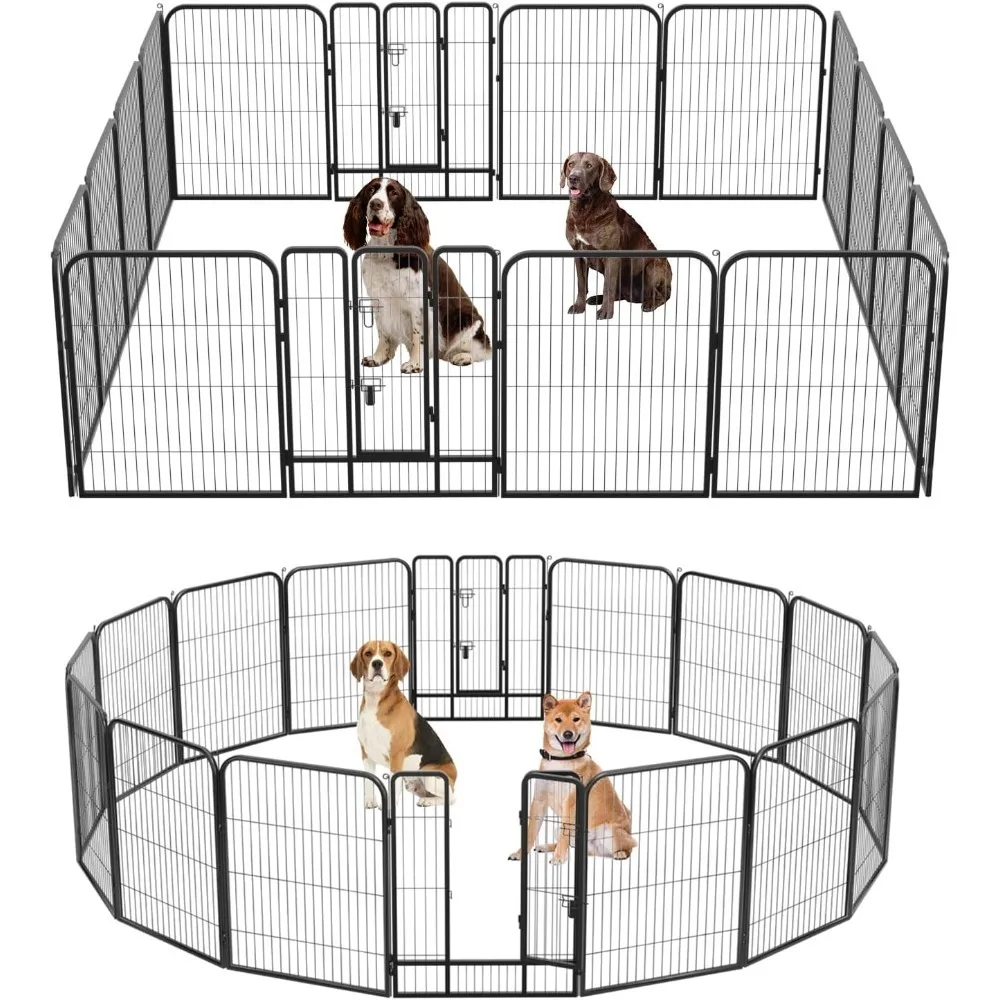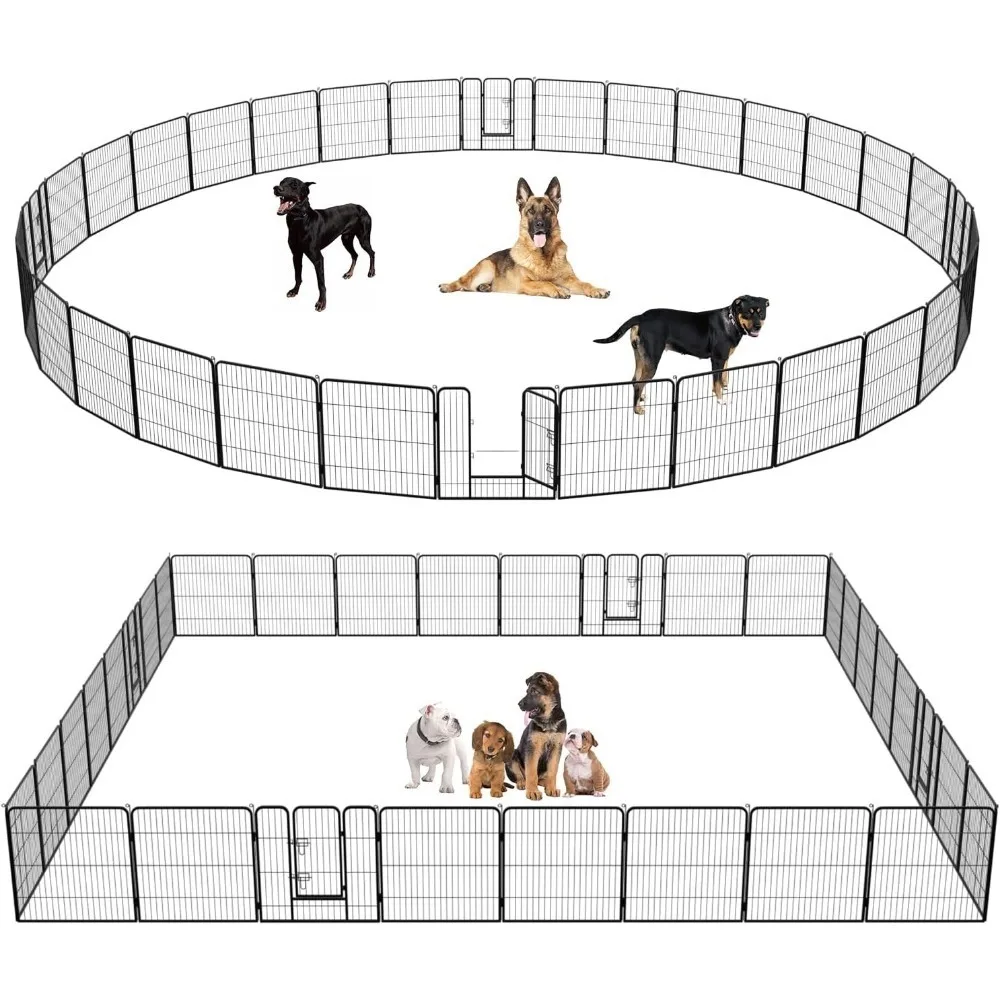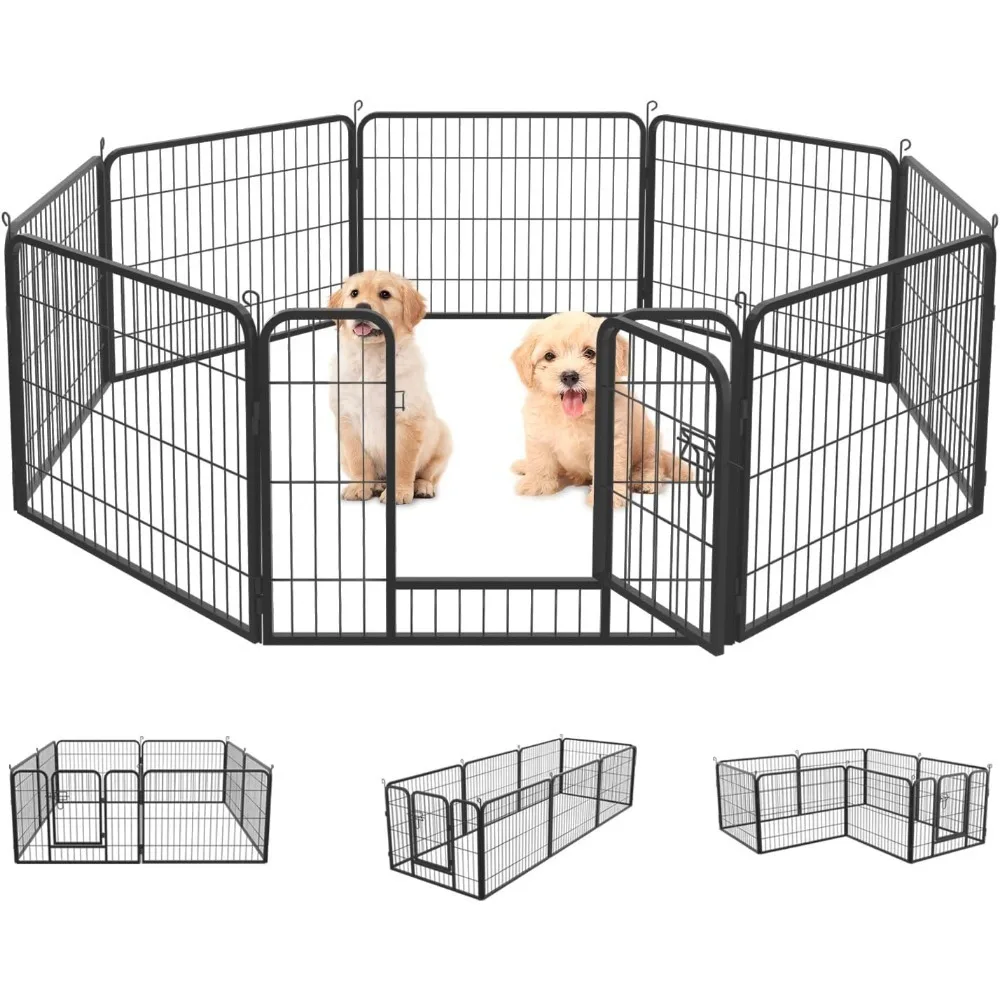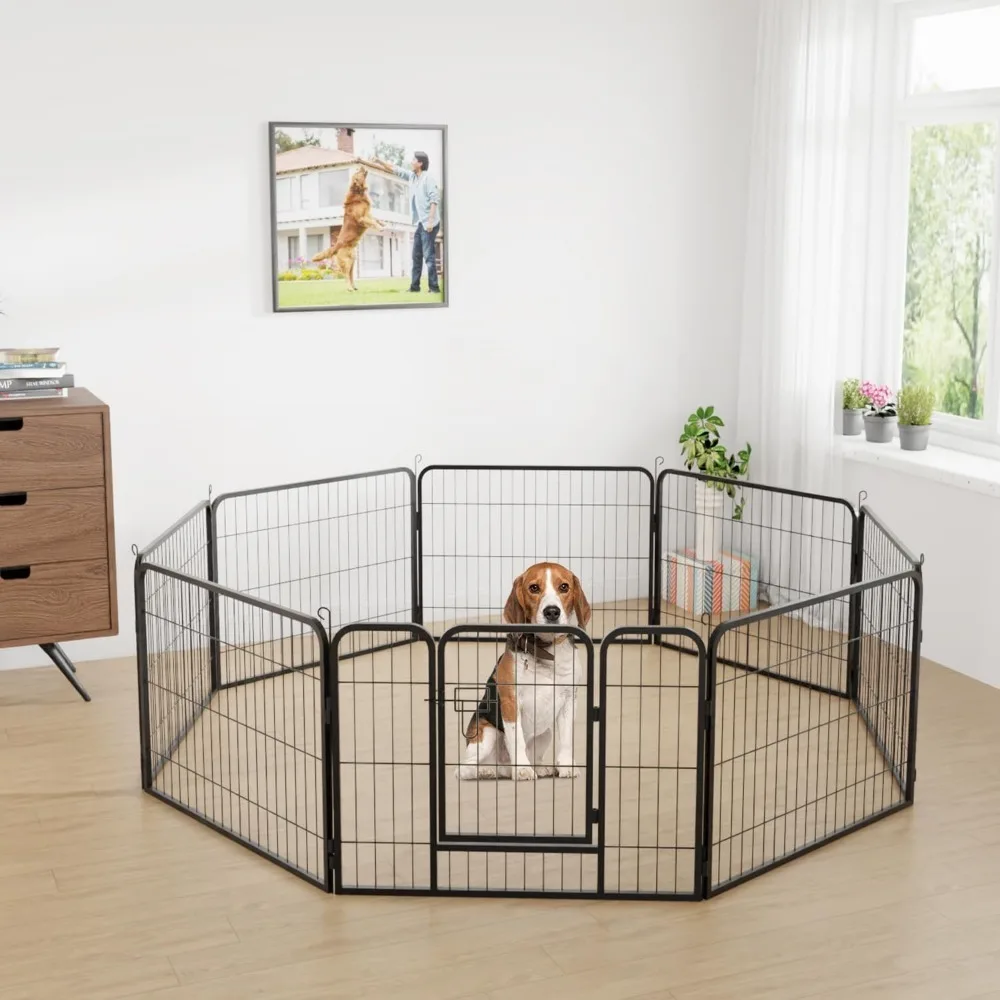Introduction
Kennel cough, or canine infectious tracheobronchitis, is a common respiratory illness among dogs, especially those that interact frequently with other dogs. While kennel cough can range from mild to severe, understanding the mild symptoms of this condition is crucial for early detection and management. This article will explore the mild kennel cough symptoms, their implications, and how to address them effectively.

Identifying Mild Kennel Cough Symptoms
Common Signs to Watch For
Mild kennel cough symptoms are typically less severe than those seen in more serious cases, but they still require attention. One of the most noticeable signs is a dry, hacking cough. This cough often sounds like a honking noise, and it might occur more frequently when the dog is excited, exercising, or exposed to irritants such as dust or smoke. The cough may not be constant but can come and go throughout the day.
Another common symptom of mild kennel cough is a slight runny nose. The nasal discharge might be clear or slightly cloudy, and it is usually not accompanied by thick mucus or pus. Dogs with mild kennel cough may also experience some sneezing. Sneezing is generally intermittent and not severe, often happening in response to irritants or after coughing.
Additionally, mild kennel cough can cause a slight decrease in appetite or energy levels. A dog with mild kennel cough might seem a bit less enthusiastic about meals or playtime, but these changes are usually subtle. The dog will continue to eat and drink normally, though they may be a bit more tired than usual. It’s important to monitor these symptoms and look for any changes that might indicate a worsening condition.
Monitoring Your Dog’s Behavior
Observing your dog’s behavior is key to understanding the impact of mild kennel cough on their overall health. Dogs with mild symptoms usually continue with their daily activities but may do so with reduced vigor. They might take more frequent naps or show a bit less interest in play. These changes are generally mild and do not significantly affect the dog’s overall quality of life.
Behavioral changes can also be an indicator of how the dog is coping with the illness. For instance, if a dog is reluctant to go for walks or seems easily fatigued, it may be a sign that the cough is affecting their comfort level. However, if these symptoms are mild, the dog will still be able to perform basic activities without too much difficulty. It’s important to ensure that the dog is comfortable and not in distress, and to make adjustments to their routine if necessary.

Addressing Mild Symptoms of Kennel Cough
At-Home Care Tips
Managing mild kennel cough symptoms often involves simple at-home care. One of the most effective ways to help a dog with mild kennel cough is to ensure they have a comfortable and supportive environment. Provide a warm, quiet space for the dog to rest, and make sure they have access to fresh water at all times. Hydration is important for keeping the respiratory tract moist and helping to alleviate coughing.
Humidifiers or vaporizers can also be beneficial. Adding moisture to the air can help soothe the irritated throat and reduce coughing. Place the humidifier in the room where the dog spends most of their time. Ensure that the device is clean and free from mold or bacteria, as these can exacerbate respiratory issues.
In addition to environmental adjustments, gentle exercise can be beneficial. While a dog with mild kennel cough should avoid strenuous activity, short, gentle walks can help maintain their overall well-being and prevent boredom. Monitor the dog during walks and be attentive to any signs of increased coughing or discomfort. If the dog seems tired or struggles during exercise, cut the walk short and allow them to rest.
Veterinary Consultation
Even with mild symptoms, it is advisable to consult a veterinarian. A vet can confirm the diagnosis and ensure that the symptoms are indeed related to kennel cough rather than another illness. During the consultation, the vet will conduct a thorough examination and may recommend treatments to help alleviate the symptoms.
In some cases, the vet might prescribe medications to help manage coughing or to address any secondary infections that might be contributing to the symptoms. Antibiotics may be prescribed if there is a concern about a bacterial infection, while cough suppressants can help reduce the frequency and severity of coughing.
The vet will also provide guidance on how to manage the dog’s condition at home. They might offer advice on dietary changes, recommend specific over-the-counter remedies, or suggest adjustments to the dog’s daily routine. Following the vet’s recommendations will help ensure that the dog recovers quickly and comfortably.
Preventing the Spread of Kennel Cough
Vaccination and Hygiene
Preventing the spread of kennel cough is essential, especially if you have multiple dogs or if your dog frequently interacts with other dogs. Vaccination is one of the most effective ways to protect against kennel cough. There are vaccines available for the most common pathogens involved in the condition, including Bordetella bronchiseptica and parainfluenza virus. Ensure that your dog is up-to-date on their vaccinations and consult your vet about the best vaccination schedule for your pet.
Good hygiene practices also play a crucial role in preventing the spread of kennel cough. Regularly clean and disinfect areas where dogs congregate, such as kennels, grooming salons, and dog parks. Avoid sharing toys, bedding, or food and water bowls between dogs, as these can be sources of infection.
If your dog develops mild kennel cough, isolate them from other dogs to prevent the spread of the illness. Keep them away from dog parks, grooming facilities, and other places where they might come into contact with other animals. Monitor their condition closely and follow the vet’s advice on how to manage their symptoms and prevent transmission.
Environmental Management
Managing the environment can also help prevent kennel cough and other respiratory issues. Ensure that your dog’s living space is clean and free from dust, mold, and other potential irritants. Regularly clean floors, furniture, and bedding to remove allergens and potential pathogens.
Maintain proper ventilation in areas where dogs spend time. Good airflow helps reduce the concentration of airborne pathogens and can help prevent respiratory issues. Avoid smoking or using strong cleaning chemicals around dogs, as these can irritate their respiratory system and make them more susceptible to illness.
Regular check-ups with the vet can also help identify any early signs of respiratory issues and address them before they become more serious. Keeping up with routine veterinary care ensures that your dog remains healthy and can help prevent many common illnesses, including kennel cough.
When to Seek Professional Help
Recognizing Severe Symptoms
While mild kennel cough symptoms are usually manageable at home, there are situations where professional help is necessary. If the dog’s symptoms persist for more than a week or if they worsen, it is important to seek veterinary care. Signs that warrant a vet visit include persistent coughing that does not improve, difficulty breathing, or a significant decrease in appetite and energy levels.
If the dog develops additional symptoms such as a high fever, vomiting, or diarrhea, it is crucial to consult the vet as soon as possible. These symptoms can indicate a more serious condition or a complication of kennel cough that requires medical attention. Early intervention can help prevent the condition from worsening and ensure that the dog receives appropriate treatment.
Understanding Treatment Options
During a veterinary visit, the vet will assess the severity of the kennel cough and determine the best course of action. Treatment options may include medications to manage symptoms, such as cough suppressants or anti-inflammatory drugs. In cases where a bacterial infection is present, antibiotics may be prescribed.
The vet will also provide guidance on how to care for the dog at home, including recommendations for dietary changes, environmental adjustments, and any additional treatments that may be needed. Following the vet’s instructions carefully will help ensure a smooth recovery and reduce the risk of complications.

Conclusion
Understanding mild kennel cough symptoms is essential for early detection and effective management of this common respiratory condition in dogs. By recognizing the signs of mild kennel cough and taking appropriate steps to care for your dog, you can help ensure their comfort and well-being. Regular veterinary care, good hygiene practices, and preventive measures can all contribute to keeping your dog healthy and reducing the risk of kennel cough. If you have any concerns about your dog’s health, don’t hesitate to consult a veterinarian for professional advice and support.
